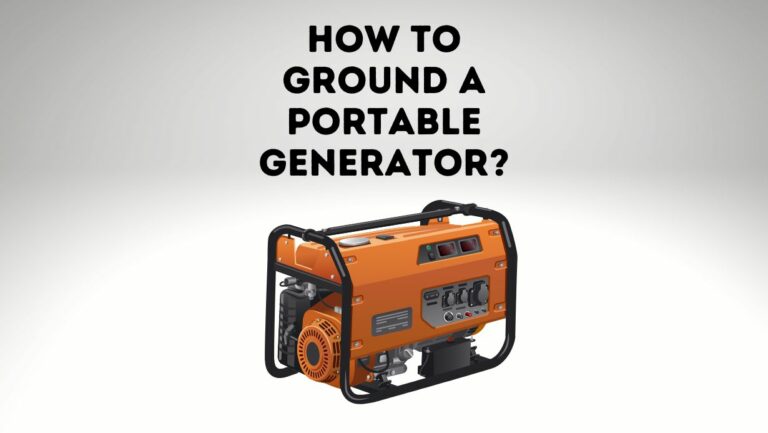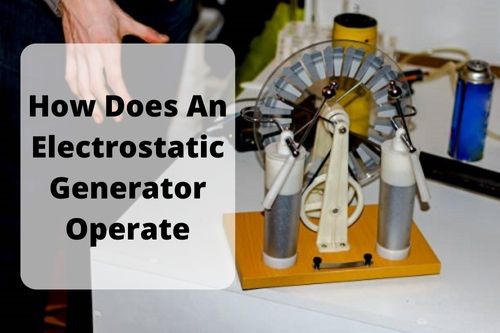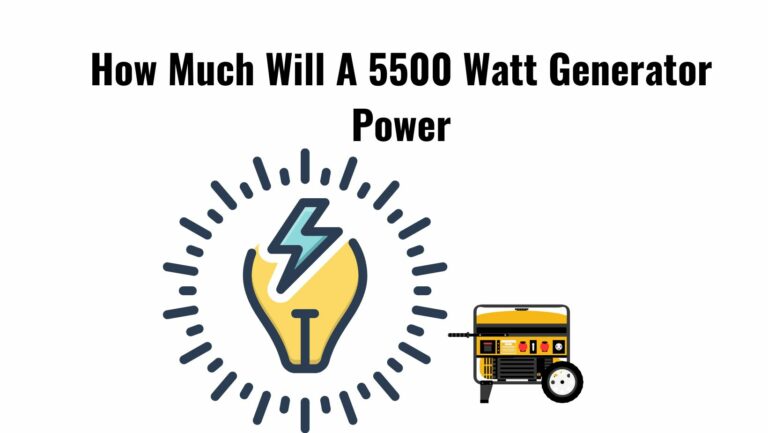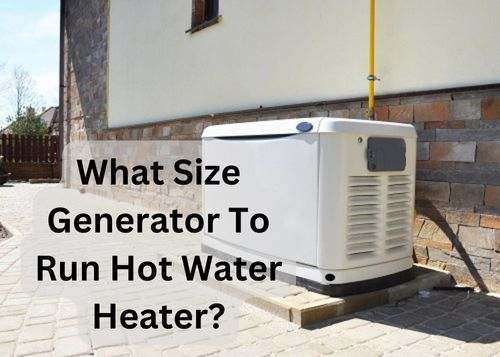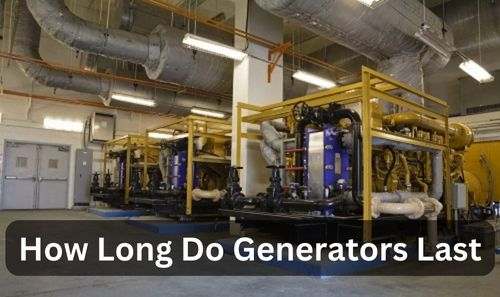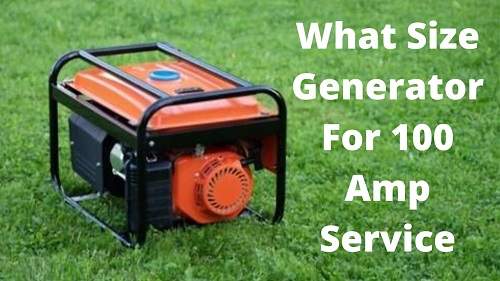
When you are looking to purchase a generator, one of the most critical factors you need to consider is the size of the generator. This will depend on the needs of your home and how many appliances or devices you want to be able to run at once. If you are wondering what size generator for 100 amp service, then read on for more information.
In this post, we will discuss what size generator you need for a typical home and how to determine that size. We will also provide some tips on choosing the right generator for your needs.
What Size Generator For 100 Amp Service?
The size of the generator will depend on the wattage that you require. The wattage is a measurement of how much power the generator can provide. Higher wattage means that the generator can power more appliances or devices at once.
For example, a 100-watt generator can power a small appliance like a coffee maker. A 500-watt generator can power several small appliances or one large appliance, such as a refrigerator. A 3000-watt generator can power several large appliances, such as a furnace or air conditioner.

How to Determine What Size Generator You Need?
To determine the size generator you need, you first need to calculate the wattage of the appliances and devices you want to power. You can find the wattage rating on the appliance or device.
For example, a coffee maker may have a wattage rating of 1000 watts. A refrigerator may have a wattage rating of 1200 watts.
Once you have the wattage of all the appliances and devices you want to power, you need to add them all up. This will give you the total wattage you need.
For example, if you want to power a coffee maker and a refrigerator, you would need a generator that can provide at least 2200 watts.
Related Articles:
Tips for Choosing the Right Generator
Now that you know what size generator you need, it is time to choose the right generator for your needs. Here are some tips to help you choose the right generator:
- Choose a generator that is durable and can withstand the elements. This is important because you want your generator to last for many years.
- Choose a generator that is easy to use. You want a generator that is easy to start and easy to operate.
- Choose a generator that is quiet. You don’t want a generator that is going to make a lot of noise.
- Choose a fuel-efficient generator. This is important because you want to save money on fuel costs.
- Choose a generator that has a warranty. This is important because you want to be covered in case something goes wrong with the generator.
If you are looking for a generator that can provide up to 100 amps of service, then you will need to choose a model that has a rating of at least 10,000 watts. This will ensure that the generator can handle the power needs of your home.
When choosing a generator, it is important to consider the size of the unit, the fuel efficiency, the warranty, and the noise level. These factors will help you choose the right generator for your needs.

How To Size a Generator Based on Amps?
The first step is to calculate the wattage of everything you want to run at the same time. An easy way to do this is by using the wattage estimator below.
It is best to overestimate your wattage needs because appliances like air conditioners and refrigerators can surge when they first turn on.
Wattage Estimator:
A number of lights x watts per light + number of appliances x watts per appliance = total watts. For typical 100-amp home service, you will need at least a 7500-watt generator.
If you want to be able to run your air conditioner or other high-wattage appliances, you will need a generator that can produce at least 10,000 watts.
Conclusion
If you are in the market for a new generator, be sure to keep the size of your service panel in mind. A 100 amp service can handle a generator up to 12,500 watts, but if you have anything larger than that, you will need to upgrade your service.
Always consult with an electrician before making any major changes to your home’s electrical system. Thanks for reading!
You Can Also Read!

